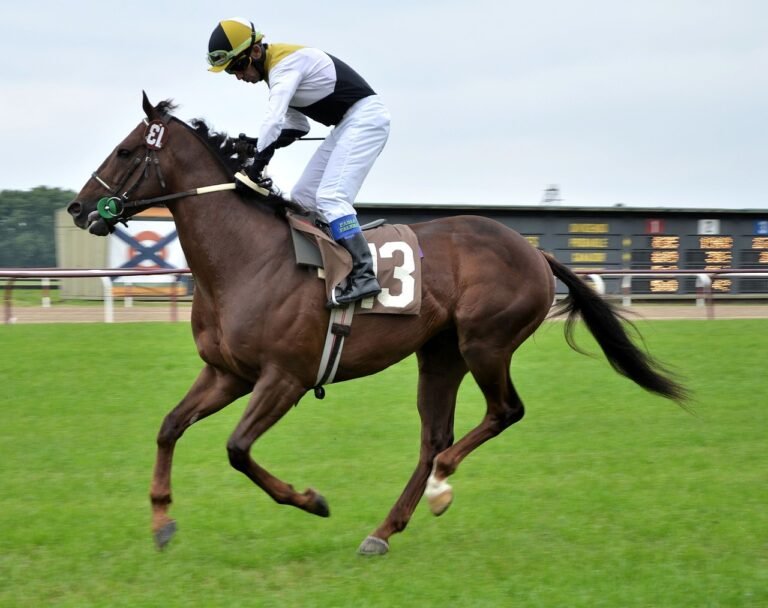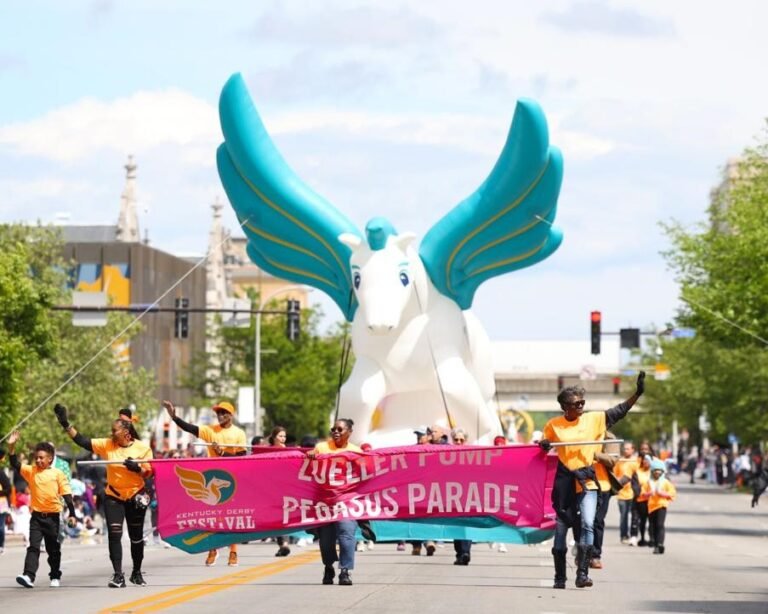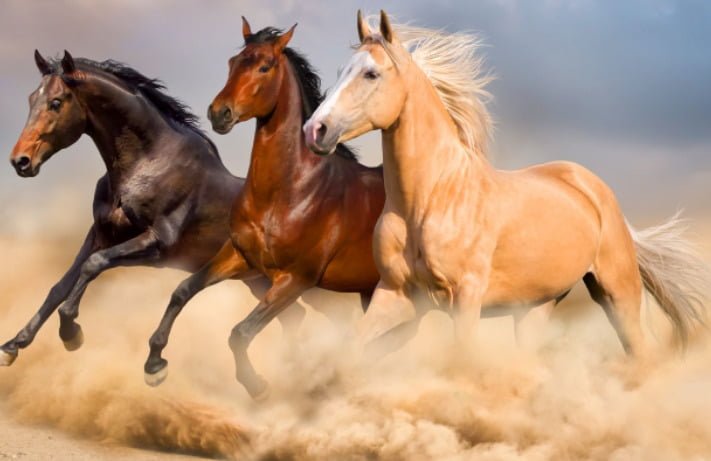Tips How to Keep Your Horses Hooves Healthy and Avoid Overgrowth

When given the proper care, most horses will not experience problems with their hooves. However, owners can do a few things to help keep their horses hooves healthy and free from overgrowth. In this article, we will discuss the causes and symptoms of overgrown hooves in horses, how to prevent them, and how to treat them if they occur. We will also touch on some other horse maintenance tips that all horse owners should be aware of.
Horses hooves are one of the most critical aspects of its health and well-being. Without healthy hooves, horses can develop various problems that seriously affect their quality of life.
What Are Overgrown Hooves?
Overgrown hooves are simply hooves that have grown too long. They can be caused by various factors, such as improper care, nutrition, or the environment. Overgrown hooves can also be a sign of an underlying health problem. If left untreated, overgrown horses hooves can cause several problems for horses, including:
– Infection
– Lameness
– Pain and discomfort
– Poor performance
– Damage to the soft tissues and bones of the foot
– Rupture of the coronet band (a band of tissue that surrounds the base of the hoof)
– even death.
What Causes Horses Hooves to Overgrow?
There are a number of factors that can cause horses’ hooves to overgrow. Some of the most common causes include:
– Improper care
– Poor nutrition
– Environment
– Health problems
Improper care is one of horses’ most common causes of overgrown hooves. If horses are not groomed or trimmed regularly, their hooves can grow too long and become overgrown.
Poor nutrition is another common cause of overgrown hooves. Horses that are not fed a balanced diet or that do not have access to enough fresh water can develop overgrown hooves. A poor diet for a horse may be a diet containing excess sugar from molasses, treats, or grains. Veterinarians and other horse experts advise against this because it might cause the horse to develop laminitis. Not many horses recover from laminitis, so it’s better to avoid it. Laminitis is a disease where the sensitive tissue holding the hoof capsule becomes inflamed and forms serious abscesses.
This condition can cause the hoof’s outer wall to tear from the inside causing pain, lameness, and sometimes complete inability to walk. The environment can also play a role in the development of overgrown hooves. Horses kept in wet or muddy environments can develop overgrown hooves, as can horses that live in cold climates and have to walk on snow and ice. Health problems can also cause horses’ hooves to overgrow. Some common health problems that lead to overgrowth are:
– Cushing’s disease
– Equine metabolic syndrome
– Insulin resistance
Why Can’t Domestic Horses Self Maintain their Hooves Like Wild Horses?
There are a few reasons why horses cannot self-maintain their hooves like wild horses. One reason is that domestic horses are not as active as wild horses. Wild horse breeds are constantly running and grazing, which helps keep their hooves trimmed and healthy. On the other hand, domestic horses are usually confined to a stall, well-manicured field, or paddock and do not have as much opportunity to move around and trim their hooves.
Feeding domestic horses excess protein and sugar has also deteriorated hoof strength. Breeding horses has also caused the weakening of the hooves. Unlike their wild relatives, domestic horses lack strong hooves, especially the thoroughbreds. As such, the responsibility for their hoof health falls on the owner to ensure the horses remain pain-free to do what they were bred for.
How Does Hoof Health Affect A Horse’s Overall Wellness?
Horses hooves are essential for the health and well-being of horses. Without healthy hooves, horses can develop various problems that can seriously affect their quality of life. Overgrown hooves are just one example of a problem that can arise when horses’ hooves are not healthy.
Infection, lameness, pain and discomfort, poor performance, damage to the soft tissues and bones of the foot, rupture of the coronet band, and even death are just some of the problems that can occur when horses’ hooves are overgrown.
What Are the Basic Indicators of Overgrown Hooves?
The most common sign that your horse has overgrown hooves is the hooves are too long. The hooves should be trimmed every six to eight weeks to keep them at a healthy length. If the hooves are allowed to grow too long, they can become overgrown and start to curl under.
Other signs that your horse’s hooves are overgrown include:
- Hooves that are wider and flatter than normal.
There are a few things that can make horses’ hooves broader and flatter than normal. One is shoes. If horses are shod, their hooves will be wider and flatter than if they were not shod.
Another thing that can make horses’ hooves wider and flatter than usual is an overgrowth of the soft tissues on the bottom of the hoof. This overgrowth, called laminitis, can cause the hoof to expand in width and thickness.
- Hooves that are excessively dry and brittle
There are a few reasons horses’ hooves can become dry and brittle when overgrown. One reason is that the horses are not able to moisture properly. The long, overgrown hooves prevent the horses from reaching the ground and absorbing the soil’s moisture causing the hooves to become dry and brittle.
Another reason horses’ hooves can become dry and brittle when overgrown is that the overgrowth of the soft tissues on the bottom of the hoof can block blood flow to the hoof. This lack of blood flow can cause the hoof to become dry and brittle.
The third reason why horses’ hooves can become dry and brittle when they are overgrown is because of the way that overgrown hooves affect a horse’s posture. When horses have overgrown hooves, they often walk abnormally to compensate for the long hooves. This abnormal walking can cause stress on the horses’ feet and legs, developing dry and brittle hooves.
- Hooves that are cracked and split
When horses with overgrown hooves walk, the excess weight of the hoof can cause the thin wall of the hoof to split and crack. In addition, when horses walk on hard surfaces like concrete or asphalt, their hooves can easily become dry and brittle, which can also lead to splitting and cracking. Severely overgrown horse hooves can cause the animal to walk awkwardly or be unable to walk at all.
Tips and Tricks to Maintain Your Horse’s Hoof Health
There are a few things that you can do to help maintain your horse’s hoof health and prevent overgrowth.
1. Trim your horses’ hooves every six to eight weeks. This will help keep them at a healthy length.
2. Make sure your horses’ shoes are fitted properly. If they are not fitted properly, the shoes can cause the hooves to become wider and flatter than normal.
3. Keep your horses’ living environment moist by providing plenty of fresh water to drink and using a moisture supplement if necessary.
4. Avoid walking your horses on hard surfaces like concrete or asphalt, which can cause the hooves to become dry and brittle.
5. Keeping the hooves clean daily. This process should involve picking out dirt and stones from the horse’s hooves. Removing stones will ensure your horse’s hooves don’t get stone bruises.
6. Rasping the Hoof. You will need a hoof rasp to do this. It would help if you used the hoof rasp to smooth out rough spots on the horse’s hooves.
7. Applying hoof dressing. This will help to keep the hooves moisturized and prevent them from becoming dry and brittle.
8. Applying hoof oil. This will help to protect the hooves from cracking and splitting.
What Are Some Other Horse Maintenance Tips A Horse Owner Can Use to Keep Their Horse Healthy?
Here are some other horse maintenance tips that a horse owner can use to keep their horse healthy:
1. Ensure your horse should have regular checkups with a veterinarian.
One of the most important things that you can do for your horse is to ensure that he has regular checkups with a veterinarian. A veterinarian can help identify any health problems your horse may have and provide treatment for those problems. In addition, a veterinarian can help to keep your horse’s vaccinations up-to-date and provide other health advice and recommendations.
2. Vaccinating your horse against common diseases.
The main purpose of vaccinating horses is to protect them from contracting potentially fatal diseases. The most important diseases horses should be vaccinated against include equine herpesvirus, eastern and Western equine encephalitis, tetanus, rhinopneumonitis, and West Nile virus. Horses can contract these diseases from other horses, mosquitoes, and other biting insects. Vaccination is one of the best ways to help protect your horse from these deadly diseases.
3. Keep your horses’ stall clean and dry.
If a horse’s stall is dirty and wet, the horses will likely be standing in mud and water, which can cause the horses’ hooves to become soft and prone to infection. In addition, if a horse’s stall is wet, it can lead to the development of thrush, a bacterial infection that affects the horses’ hooves.
4. Feed your horses a balanced diet, and ensure they have access to fresh water at all times.
A balanced diet and staying hydrated are essential for horses because they need nutrients and moisture to stay healthy. If horses eat an improper diet or don’t have access to fresh water, they can develop health problems like dehydration, weight loss, and malnutrition.
5. Check your horses’ teeth regularly and have them professionally floated if necessary.
Horses’ teeth can cause a wide variety of health problems. Horses’ teeth are constantly growing, and if they are not adequately taken care of, they can grow too long. This can cause several health problems for the horse, including:
– Difficulty chewing food
– Problems with swallowing
– Weight loss
– Poor appearance
– Infections in the mouth
6. Clip your horses’ manes and tails regularly.
Clipping the mane and tail of a horse is essential because it helps to keep the hair clean and free of debris. It also prevents the hair from becoming matted and tangled. Clipping the mane and tail also helps to keep the hair neat.
Frequently Asked Questions About Overgrown Hooves
- What are the risks of overgrown hooves?
Overgrown hooves can cause many health problems for horses, including difficulty chewing food, problems with swallowing, weight loss, poor appearance, and infections in the mouth. In addition, overgrown hooves can also lead to lameness in horses.
- How do I prevent my horses’ hooves from getting overgrown?
1. Trim your horses’ hooves regularly.
Trimming regularly is one of the best ways to prevent your horses’ hooves from getting overgrown. It would help if you trimmed your horses’ hooves at least once a month.
2. Feed your horses a balanced diet, and ensure they have access to fresh water.
A balanced diet and staying hydrated are essential for horses because they need nutrients and moisture to stay healthy. If horses eat an improper diet or don’t have access to fresh water, they can develop health problems like dehydration, weight loss, and malnutrition.
3. Keep your horses’ stall clean and dry.
If a horse’s stall is dirty and wet, the horses will likely be standing in mud and water, which can cause the horses’ hooves to become soft and prone to infection. In addition, if a horse’s stall is wet, it can lead to the development of thrush, a bacterial infection that affects the horses’ hooves.
There are several other methods to help you prevent overgrown hooves.
- What is the best treatment method for a horse with long hooves?
There are several overgrown hooves treatment options available, including:
1. Trimming the horses’ hooves regularly.
2. Feeding the horses a balanced diet and ensuring they have access to fresh water at all times.
3. Keeping the horses’ stall clean and dry.
4. Use overgrown hooves treatment products, like hoof boots, shoes, or wraps.
Conclusion
Overgrown hooves can cause some health problems for horses, so it is essential to take measures to prevent them. If you find that your horses have overgrown hooves, several treatment options are available. With proper care and treatment, your horses can soon be on the road to recovery.




